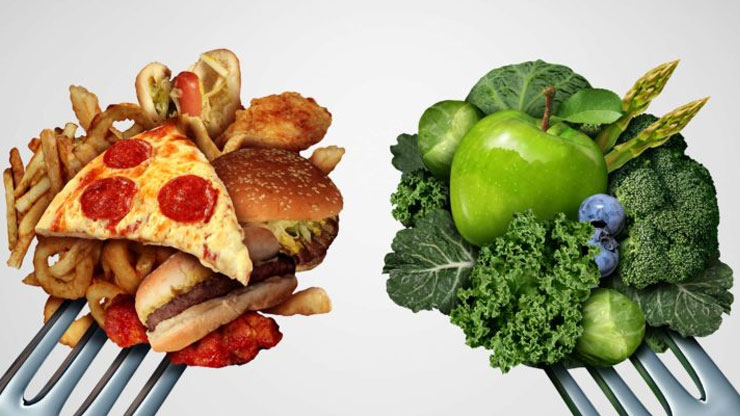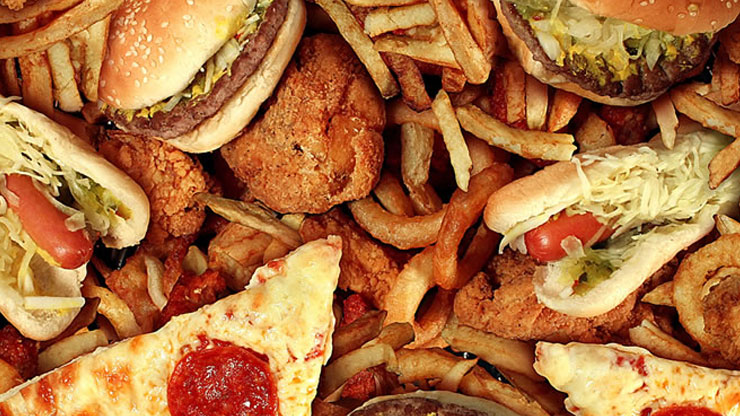If you’ve been trying intermittent fasting (IF) and it’s not working for you, you’re no doubt frustrated and annoyed. After all, IF has a lot to offer, including weight loss, disease reversal and metabolic system improvements. But if intermittent fasting isn’t working for you the way you’d hoped, don’t be too discouraged. You may need to tweak how you’re fasting and employ a few fasting hacks to get your weight (and your health) headed in the right direction. Are you making these intermittent fasting mistakes?
Common Intermittent Fasting Mistakes
You’re Going Too Hard, Too Fast

You may have heard it said that slow and steady wins the race. The same is true with IF. Give your body time to adjust to your new schedule by starting out slowly. Some people start out with a 12-hour eating window and move gradually to an eight-hour, then six-hour, then one-hour window. This slow progression gives your body more time to become attuned to eating less frequently.
You’re Focusing on What You Eat Instead of When You Eat

Intermittent fasting focuses less on what you eat and more on when you eat. Choose an eating window and stick to it. Consistency is key. For example, if you choose the most popular interval for your meals/fasting, which is the 16:8 method, you fast for 16 hours and eat all the food you are allowing yourself for the day within an eight-hour eating window.
You’re Overeating During Your Eating Window

Even if you’ve fasted 20 hours, that doesn’t mean that it’s okay to compensate for the time you didn’t eat by eating more than you need. Many people combine intermittent fasting with low-carb or keto meal plans to maximize their weight loss and potential health benefits.
You’re Not Staying Hydrated

You may feel like you can’t fast for your entire goal because you have no energy. Water keeps your hydrated, and this helps keep your energy levels on point while you fast. If you don’t stay hydrated, you may even experience headache, cramps and fatigue. Drink plenty of water while you’re fasting to stay ahead of the game.
You Lack Support

And finally, you may not be losing as much weight as you'd hoped to lose with intermittent fasting because you're the only one in your family/office/peer group who is fasting. It's hard to fast for 20 hours when the entire office orders Chinese takeout. Seek out online support with social media groups devoted to IF (there are many) or ask a friend to try IF with you.
Once you become accustomed to intermittent fasting, not eating will become second nature to you, and your body will thank you for the periodic breaks you give your intestinal system.


